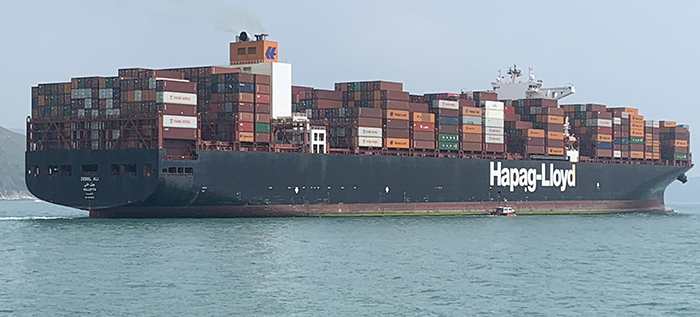Red Robin, our producer and industry insider, on the opportunities to lower our environmental impact
We read about declining pork consumption and increases in plant-based diets and, while we can all be justifiably annoyed about it, we could follow their lead.
Often the draw of a plant-based diet is the fact that consumers believe it to be more earth-friendly. We are not very good at change unless our bank balances are falling at an alarming rate and our backs are against the wall. We have an opportunity to change voluntarily and then ask our representative organisations and customers (abattoirs) to spread the word – after all, this is in all our interests.
I bought a breakable item online, which was delivered wrapped in a paper alternative to plastic bubble wrap, and the protective filler was extruded potato. The leaflet that came with it suggested that I put it on the compost heap or run it under hot water. I tried the latter and, sure enough, it completely dissolved and disappeared.
It made me think that there are some relatively easy wins that we could be maximising with a little pressure put on our suppliers.
I know that some of our plastic waste can theoretically be recycled, but with Malaysia returning 42 containers of plastic waste, we know it doesn’t always happen. The solution is not to do it in the first place. Our suppliers will only change if we put pressure on them.
There is always the argument about a change of packaging costing more financially, but we don’t dispose of plastic waste for nothing and it often has to be stored somewhere first. Paper waste can be composted.
We received a delivery of a new type of fuel, GTL, an alternative to diesel. It is much cleaner burning than conventional diesel, and is biodegradable, but can be used in diesel engines without modification (we’ve had no problems).
As well as being much better for air quality, it doesn’t have the FAME in it from biodiesel that caused all the problems last harvest in some engines and it has a much longer shelf life, so will not deteriorate in tanks. We bought ours through our agricultural cooperative – I paid a little more but if we can use it to demonstrate our commitment to lower impact agriculture, it’s a price worth paying.
There will be other opportunities to make meaningful moves towards less impactful livestock production, which might improve our image.
At least with pigs we don’t have the same problems with greenhouse gas emissions that ruminants do, so we should be at a better starting point!




